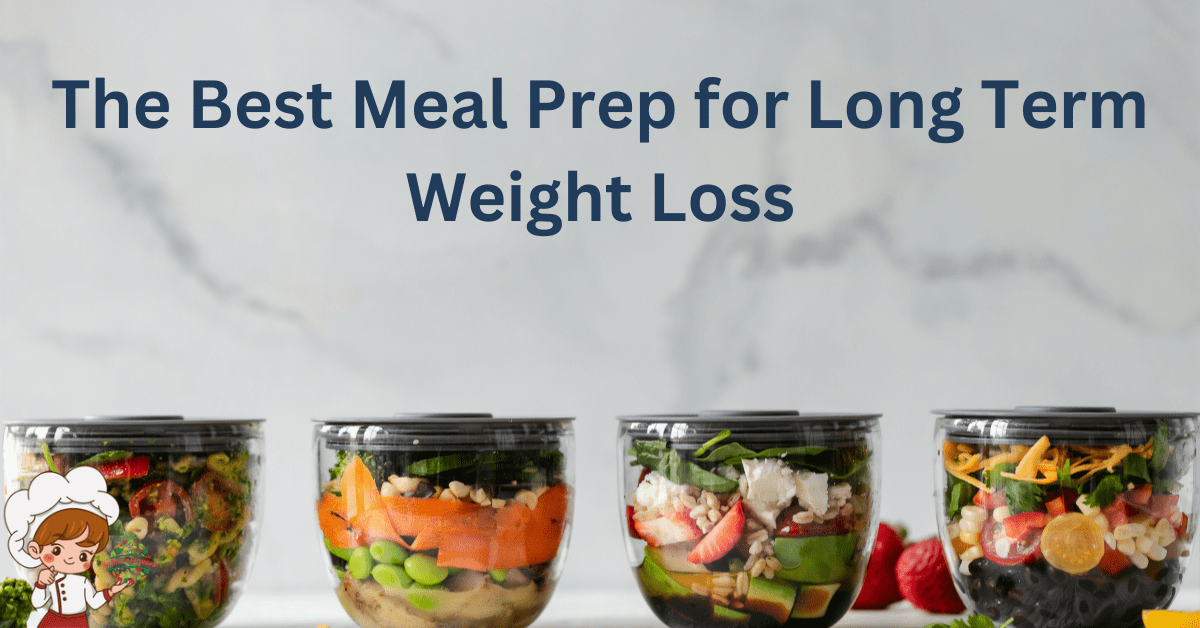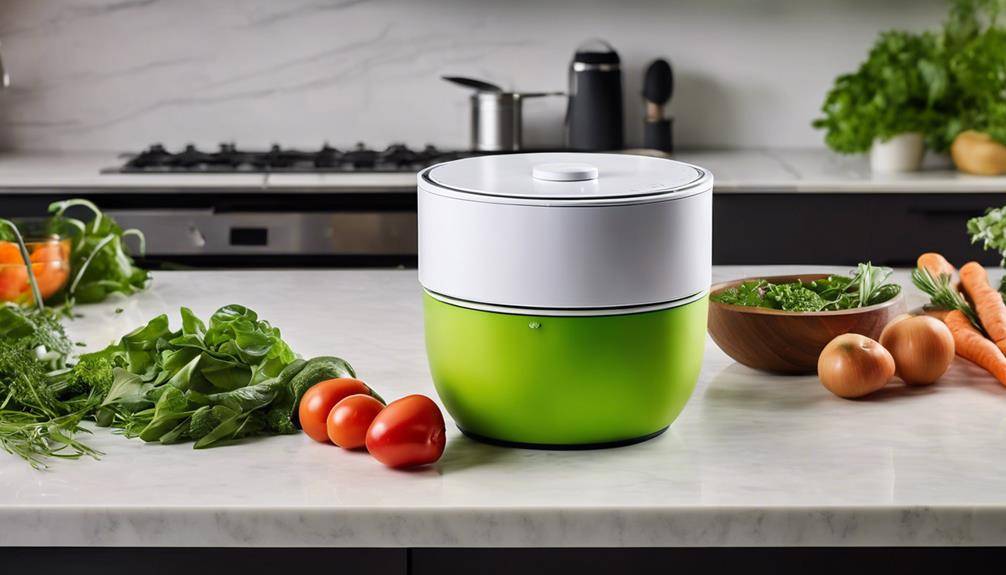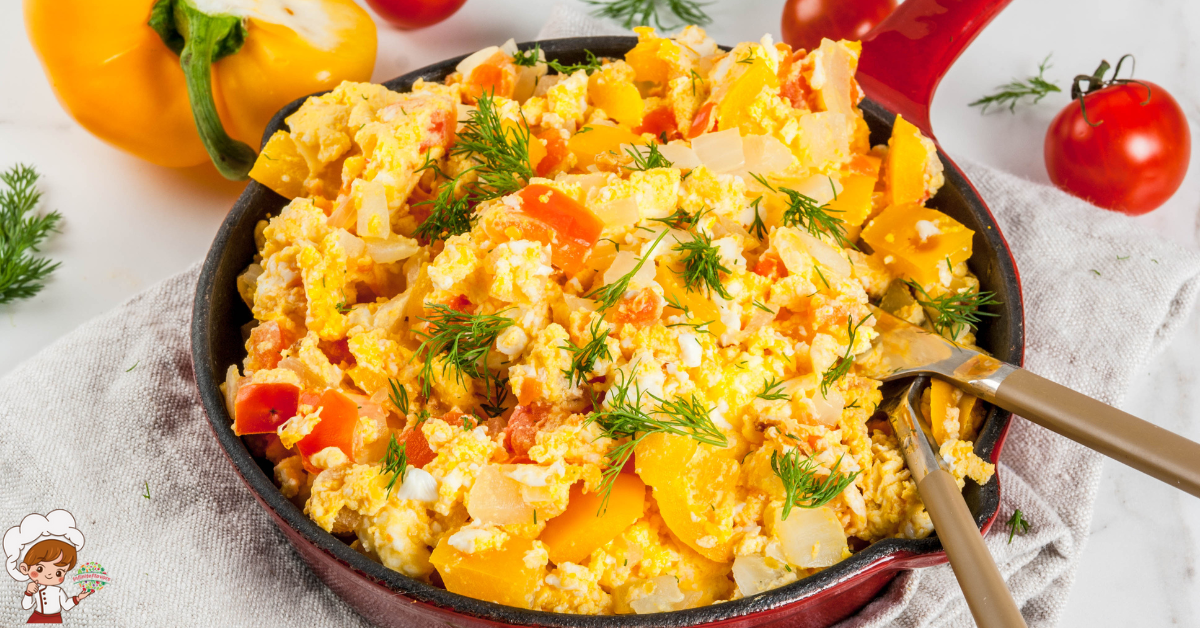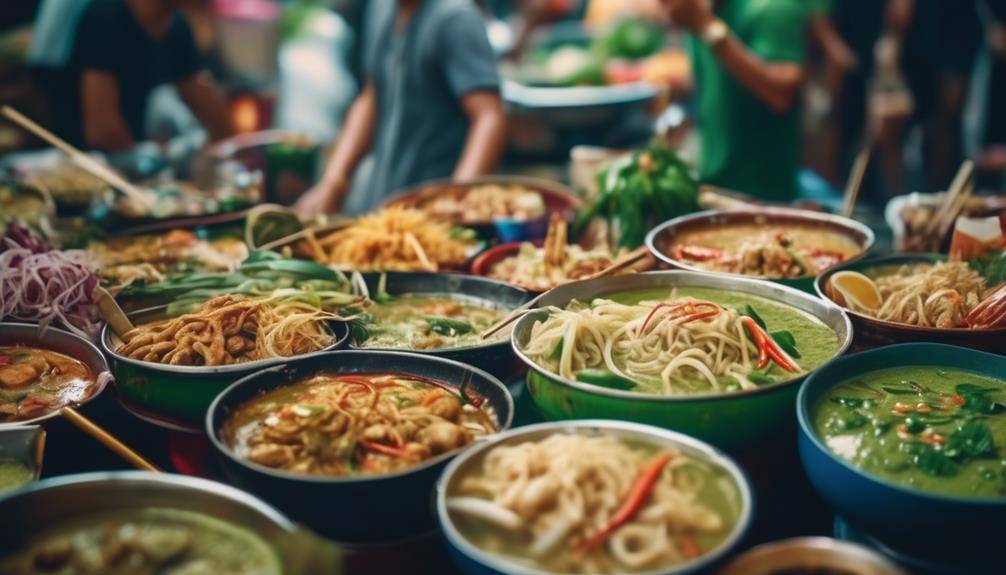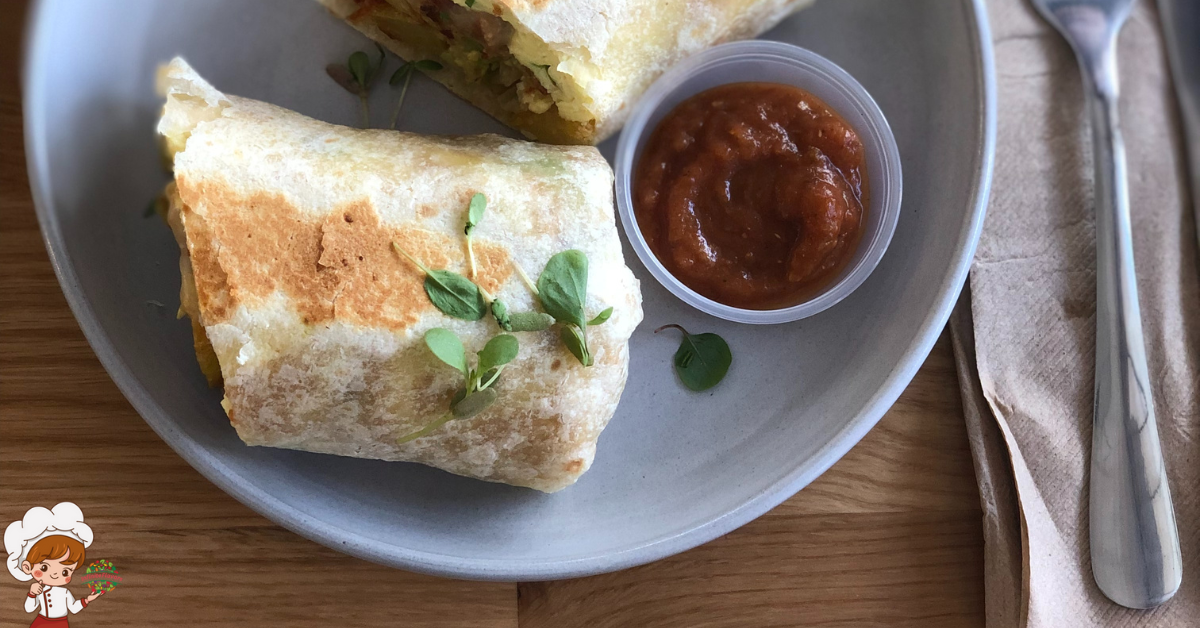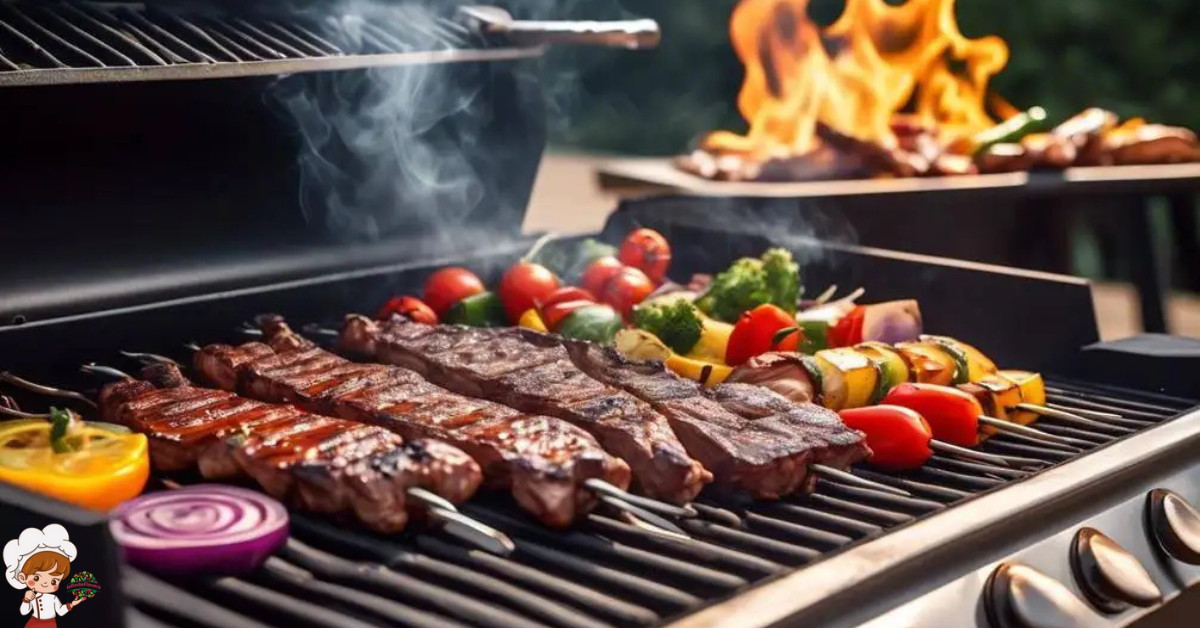Mastering Kitchen Basics for Simple Meal Preparation
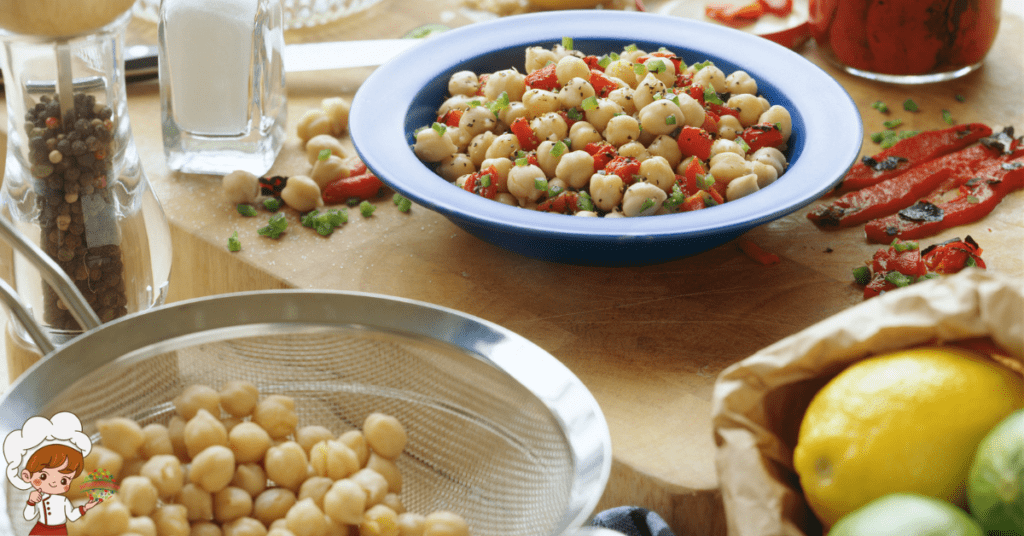
Kitchen Basics for Simple Meal Preparation; Are you tired of struggling in the kitchen? Looking to become a culinary pro without all the fuss? Look no further than ‘Mastering Kitchen Basics for Simple Meal Preparation’. In this guide, you’ll discover essential cooking techniques, learn how to stock your pantry like a pro, and perfect your knife skills. We’ll also provide you with meal planning tips, show you how to save time with kitchen appliances, and teach you how to master flavor profiles. Say goodbye to the stress and frustration of cooking and hello to delicious, effortless meals. It’s time to become a kitchen whiz and enjoy the art of cooking!
Essential Cooking Techniques
To improve your cooking skills, start by familiarizing yourself with essential cooking techniques. Understanding the proper cooking temperatures and mastering seasoning techniques are fundamental to creating delicious and well-balanced meals.
When it comes to cooking temperatures, it’s crucial to know the appropriate heat level for each dish. Whether you’re searing a steak or baking a cake, getting the temperature right is the key to achieving desired results. High heat is ideal for searing meats and creating a crispy crust, while low heat is perfect for slow-cooking and simmering. By understanding the ideal cooking temperatures for different ingredients and methods, you can ensure that your food is cooked to perfection every time.
Seasoning techniques are equally important in elevating the flavors of your dishes. Salt and pepper are the basic seasonings that can enhance the taste of almost anything. However, there are many other seasonings and spices that can take your cooking to the next level. Experimenting with herbs like basil, thyme, and rosemary can add depth and complexity to your dishes. Likewise, incorporating spices such as cumin, paprika, and cinnamon can bring unique flavors to your meals. Learning how to balance and combine different seasonings will allow you to create dishes that are bursting with flavor.
Stocking Your Pantry
To ensure you have the necessary ingredients on hand for your cooking endeavors, stock your pantry with a variety of staple items. A well-stocked pantry is the key to successful meal prep and efficient cooking. Not only does it save you time and money, but it also allows you to easily whip up delicious meals without running to the store every time you need a specific ingredient.
When it comes to pantry organization, it’s important to have a good mix of dry goods, canned goods, and spices. Dry goods such as rice, pasta, and grains are versatile and can be used as a base for many dishes. Canned goods like beans, tomatoes, and broth are great for adding flavor and substance to your meals. And of course, spices are essential for adding depth and complexity to your dishes.
In addition to these basics, it’s also helpful to have a selection of oils, vinegars, and condiments. Olive oil, vegetable oil, and sesame oil are all great options for cooking and dressing salads. Vinegars like balsamic, red wine, and apple cider can be used for dressings, marinades, and pickling. And condiments like mayonnaise, mustard, and soy sauce can add a burst of flavor to any dish.
Knife Skills
Developing proficient knife skills is crucial for efficient and precise meal preparation in the kitchen. Not only will it save you time, but it will also ensure that your ingredients are cut uniformly, resulting in evenly cooked dishes. To master knife skills, you need to understand two essential aspects: knife sharpening and knife safety.
Firstly, knife sharpening is essential to maintain the sharpness of your blades. A dull knife not only makes cutting more difficult but also increases the risk of accidents. Invest in a quality knife sharpener or take your knives to a professional for sharpening regularly. A sharp knife will make your slicing and dicing tasks effortless and enjoyable.
However, it’s equally important to prioritize knife safety. Always hold the knife by the handle and keep your fingers away from the blade while cutting. Use a cutting board to protect your countertops and ensure stability while chopping. When not in use, store your knives in a knife block or sheath to prevent accidents.
To improve your knife skills, practice proper cutting techniques. For example, the claw grip technique involves curling your fingers under your knuckles while holding the food, creating a safe and stable surface to cut on. This technique also aids in achieving consistent and precise cuts.
Meal Planning Tips
When it comes to meal planning, efficient and precise knife skills play a crucial role in preparing delicious and well-cooked dishes. But there’s more to meal planning than just slicing and dicing. To ensure a smooth and stress-free cooking experience, it’s essential to incorporate effective grocery shopping and meal prepping strategies into your routine.
One of the first steps in meal planning is making a detailed grocery list. Take some time to plan your meals for the week and write down all the ingredients you’ll need. This will not only save you time at the store but also ensure that you have everything you need on hand when it’s time to cook.
When grocery shopping, try to stick to the perimeter of the store, where you’ll find fresh produce, meats, and dairy products. Avoid the temptation to wander down the aisles, which are often filled with processed and less healthy options. By focusing on whole foods, you’ll be able to create nutritious and well-balanced meals.
Meal prepping is another important aspect of meal planning. Take some time each week to prepare ingredients in advance, such as chopping vegetables, marinating meats, or cooking grains. This will save you time during the busy weekdays and make it easier to whip up meals in no time.
Invest in some quality storage containers to store your prepped ingredients and leftovers. This will help keep your fridge organized and make it easier to assemble meals when you’re short on time.
Time-Saving Kitchen Appliances
To streamline your meal preparation process and save valuable time in the kitchen, incorporate time-saving kitchen appliances into your routine. These handy gadgets can help you speed up your meal prep and make cooking a breeze. Here are three must-have appliances that will revolutionize your kitchen and help you master the art of quick and easy meal preparation:
- Instant Pot: This versatile appliance is a game-changer when it comes to saving time in the kitchen. With its pressure cooking capabilities, the Instant Pot can cook meals up to 70% faster than traditional methods. From soups and stews to rice and even desserts, the Instant Pot can do it all. Simply add your ingredients, set the timer, and let the appliance do the work for you. It’s the perfect tool for busy individuals who want delicious homemade meals without spending hours in the kitchen.
- Food Processor: Say goodbye to tedious chopping and slicing with a food processor. This multitasking appliance can quickly and efficiently chop, shred, and slice ingredients in seconds. Whether you’re making salsa, chopping nuts, or grating cheese, a food processor will save you time and effort in the kitchen. It’s a must-have for anyone looking to speed up their meal prep.
- Slow Cooker: While it may not be the fastest option on this list, a slow cooker is a time-saving gadget that deserves a spot in every kitchen. With a slow cooker, you can simply dump your ingredients in the morning, set the temperature, and let it cook all day. By the time you come home, you’ll have a deliciously tender and flavorful meal waiting for you. It’s the perfect solution for busy individuals who want a hot, home-cooked meal without the hassle of cooking.
Incorporating these time-saving kitchen appliances into your routine will make meal preparation a breeze. With the help of these gadgets, you can save time, simplify your cooking process, and still enjoy delicious homemade meals. So why not invest in these kitchen essentials and take advantage of these meal prep shortcuts? Your taste buds and your schedule will thank you.
Mastering Flavor Profiles
Mastering flavor profiles is key to elevating your culinary creations and adding depth to your meals. Understanding herbs and spices is essential in achieving balanced and flavorful dishes. Herbs like basil, thyme, and rosemary can bring freshness and aromatic qualities to your meals, while spices like cumin, paprika, and cinnamon can add warmth and complexity. Experimenting with different combinations of herbs and spices can help you discover unique flavor profiles that suit your taste preferences.
Exploring different cooking oils is another way to enhance the flavors in your dishes. Olive oil, for example, is widely used and known for its rich, fruity taste. It is perfect for sautéing vegetables or drizzling over salads. On the other hand, sesame oil has a distinct nutty flavor that complements Asian-inspired dishes. Coconut oil adds a subtle sweetness and is great for baking or stir-frying. Each cooking oil has its own unique taste and smoke point, so it’s important to choose the right one for your recipe.
When using herbs, spices, and cooking oils, it’s important to remember that a little goes a long way. Start with small amounts and gradually adjust to taste. Keep in mind that some herbs and spices can overpower the dish if used excessively. It’s also a good idea to store your herbs and spices in a cool, dark place to maintain their freshness and flavor.
Mastering flavor profiles takes time and practice, but it is a skill that will greatly enhance your cooking. By understanding herbs and spices and exploring different cooking oils, you can create delicious meals that are bursting with flavor. So go ahead, experiment with different combinations, and let your taste buds guide you to culinary success.
Frequently Asked Questions: Kitchen Basics for Simple Meal Preparation
What Are Some Common Mistakes to Avoid When Using Essential Cooking Techniques?
When using essential cooking techniques, it’s important to avoid common mistakes. One such mistake is a lack of seasoning, which can lead to bland flavors. Another mistake is overcooking proteins, resulting in dry and tough meat.
How Can I Incorporate Different Flavor Profiles Into My Meal Planning?
You can incorporate diverse spices and experiment with fusion cuisine to add different flavor profiles to your meal planning. Understanding flavor pairings and exploring global cuisines will also help you create delicious and unique dishes.
Are There Any Specific Kitchen Appliances That Can Help Save Time in Meal Preparation?
To save time in meal prep, there are must-have kitchen gadgets like food processors, slow cookers, and instant pots. These time-saving appliances make cooking more efficient, allowing you to focus on mastering kitchen basics for simple meal preparation.
What Are Some Tips for Maintaining and Sharpening Knives for Better Knife Skills?
To maintain and sharpen your knives for better knife skills, start by regularly cleaning and drying them. Use a honing rod or sharpening stone to keep the blades sharp. Remember, a sharp knife is a safe and efficient tool in the kitchen.
Can You Provide a List of Essential Ingredients to Stock in a Pantry for Versatile Meal Preparation?
You’ll want to stock your pantry with essential ingredients like olive oil, spices, canned beans, pasta, and stock. Avoid common mistakes in cooking techniques by following recipes closely and using proper seasoning.
Conclusion
In conclusion, mastering kitchen basics is the key to simple and efficient meal preparation. By learning essential cooking techniques, stocking your pantry with necessary ingredients, honing your knife skills, and employing time-saving kitchen appliances, you can become a culinary expert in no time. Additionally, understanding flavor profiles will elevate your dishes to new heights. With these skills in your arsenal, you’ll be able to create delicious meals with ease, impressing friends and family with your culinary prowess. So, get cooking and enjoy the journey!



